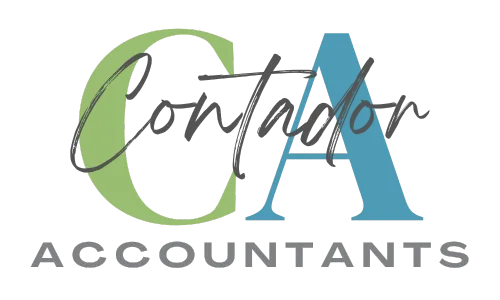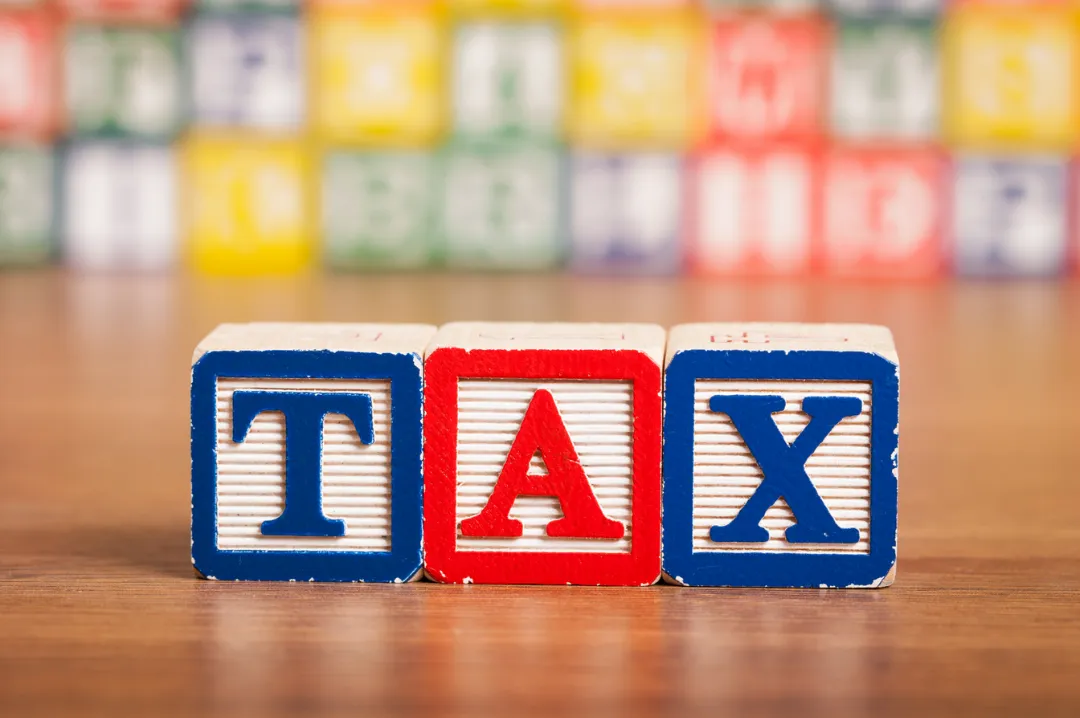The focus of this year’s budget is to “address immediate risks to the economy and the public finances,” according to Finance Minister Tito Mboweni.
No doubt we all have Eskom, the Moody’s, and the ever-increasing budget deficit on our minds. Let’s look at what you need to know about the budget and tax changes announced on 20 February 2019.
Budget Highlights
We all want to know how our tax money will be spent this year, as well as what the expected growth rates are. Here are some of the highlights from the budget speech:
- GDP growth is expected to rise from 0.7% in 2018 to 1.5% in 2019, and 1.7% in 2020. However, it’s important to note that the expected GDP growth for 2018 was 1.5% according to 2018’s budget speech, double than what the actual growth for 2018 ended up being.
- The gross national debt is projected to stabilise at 60.2% of GDP in 2024. Again, we’d like to point out that, according to last year’s budget speech, this percentage was expected to be 53.2% of GDP. The debt service cost is still one of the fastest growing government expenditure.
- The land reform plans are continuing. R18.4 billion is allocated to accelerate land reform and will be used to finalise more than 1,700 restitution claims. An additional R138 million is allocated to help new farmers to purchase equipment and to develop farms.
- We’re all aware that the public sector wage bill is unsustainably large, so it was good to hear the minister acknowledging this. National and provincial salary budgets will be cut by R27 billion over the next three years, using the following measures:
- Early retirements will be encouraged
- Members of Parliament, provincial legislatures and executives of state-owned entities, will not receive any salary increases
- Public entities are encouraged to freeze salaries for employees earning more than R1.5 million per annum
- The plans to split Eskom into three entities will go forward. R75.3 billion in total is allocated to deal with the Eskom crisis. R23 billion/annum is set aside to reconfigure Eskom, and an independent Chief Reorganisation Officer (CRO) will be appointed at Eskom to oversee these changes. The minister made it clear that the state will not take over Eskom’s debt.
- Collecting tax has been a huge issue in the last few years. There will be a focus on improving the collecting capabilities of SARS, which should bring in revenue more effectively.
- Some of the growth-enhancing measures that will be put into place include the following:
- Relaxing the international visitors’ visa requirements
- Expanding the eligibility for the youth employment tax scheme
- Almost R20 billion is set aside for industrial business incentives
Tax Highlights
We also want to know how our pockets will be affected this year. Here are some highlights of the tax changes we’ll see:
- There is no increase in the individual tax rates for the rich. There is also no adjustment to the tax tables to take inflation into account, but there is a small increase in the primary, secondary, tertiary rebates. To put this into perspective, if you receive a salary of R20,000 per month, you’ll pay a few Rands less in taxes, but your expenses will be more due to inflation and other increases, so essentially you’ll have less money left in your pocket. If you get a salary increase adjusted by inflation, you may move into a higher tax bracket.
- The foreign earning exemption changes will come into effect on 1 March 2020. There is still some uncertainty around the administration of this new bill. Read this article if you want to know more about this change.
- Regarding travel expense deductions for business purposes, there are no changes to the travel allowance table.
- As expected, the Medical tax credits weren’t increased to take inflation into account. This extra income will be used to fund the new National Health Insurance (NHI).
- Carbon Tax will be introduced on 1 June 2019. We can also expect a draft Environmental Fiscal Reform Policy to be released in 2019. This policy will outline options to reform environmental taxes and investigate how these can be used to address air pollution and climate change.
- Excise duties on tobacco and alcohol are increased between 7.4-9%. These will come into effect on 1 April 2019.
- The general fuel levy will increase with 15c/litre, the road accident fund levy with 5c/litre, and the additional carbon tax will be 9c/litre. In total, the fuel levies will increase with 29c/litre (30c/litre for diesel). This increase will be applied on 3 April 2019.
- The health promotion tax, otherwise known as the sugar tax will increase on 1 April 2019 to 2.2c/g above 4 grams of sugar per 100ml.
Conclusion
We’re glad to see the measures that will be taken to decrease the public sector wage bill and also to improve the collecting capabilities of SARS.
The country’s biggest economic risks remain:
- The ever-increasing budget deficit and cost of servicing debt, and
- Eskom
We’re concerned that the wide budget deficit and the massive debt that the public sector is struggling with will inspire Moody’s Investor Service to downgrade South Africa to non-investment grade this year. The finance minister did not address this issue sufficiently in the budget speech. S&P Global Ratings and Fitch Ratings already downgraded us to sub-investment grade. If Moody’s also decide on a downgrade, South Africa would be removed from the Citi World Government Bond Index, which means that foreign asset managers and pension funds may sell billions of Rands worth of bonds. This will increase the cost of debt even further and put pressure on the exchange rate.
Both the president and the finance minister are new. All we can hope for is that they’ll keep their end of the bargain.

